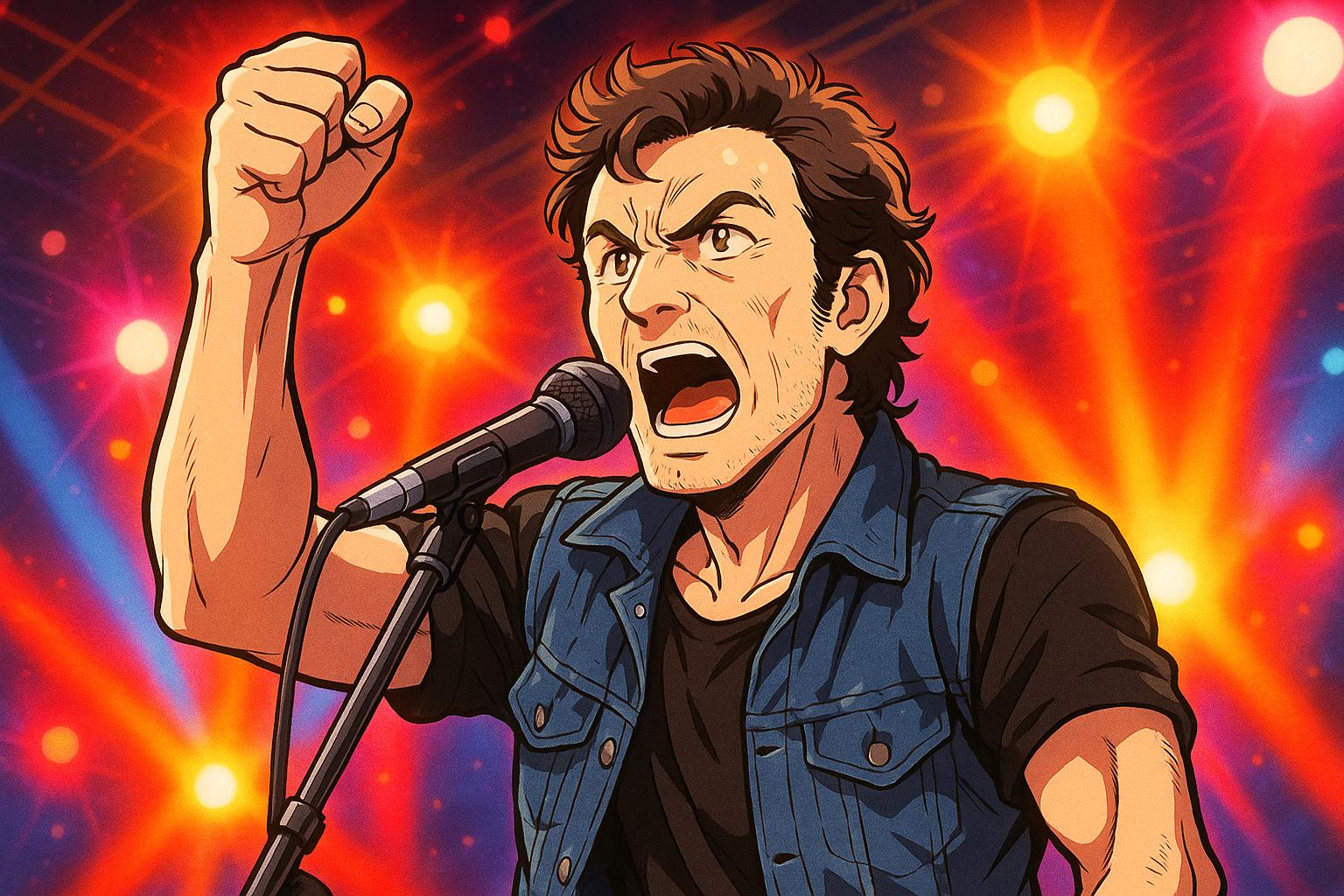The long-standing tensions between Bruce Springsteen and former President Donald Trump reached a fervent peak this week following a series of public exchanges that underscore the cultural chasm dividing the two figures. This latest chapter in their clash began last week during one of Springsteen’s concerts in Manchester, England, where he launched a scathing critique of the Trump administration, branding Trump an "unfit president" and decrying his leadership as "corrupt, incompetent, and treasonous." Such strong language is emblematic of Springsteen's long history of political engagement, where he has often used his platform to challenge those in power.
In response, Trump, who has frequently exchanged barbs with many celebrities, retaliated on his platform, Truth Social. In a post, he dismissed Springsteen as "a dried out prune of a rocker," further accusing him of being a "pushy, obnoxious JERK." Such accusations seem to stem from a broader dissatisfaction Trump harbours towards celebrity endorsements, particularly Springsteen's noticeable support for Democratic candidates, including Vice President Kamala Harris for the 2024 election, a fact that irks Trump deeply.
Following this exchange, Springsteen did not retreat. Instead, he reaffirmed his stance at a subsequent concert, speaking out against governmental persecution of free speech and dissent, themes that resonate strongly within his musical legacy. His commitment to political activism has long endeared him to audiences who view him as a voice of resistance against Republican policies.
The feud further escalated when Trump shared a fabricated video of himself on social media, appearing to tee off a golf ball that comically struck Springsteen; this digital alteration served to illustrate the punchy nature of their feud, deftly exploiting the cultural landscape where public figures frequently clash. The doctored clip has circulated widely, igniting debates about the decency of political discourse and the manipulation of media in the age of social media.
Adding to the drama, Trump recently insinuated on Truth Social that Springsteen and other high-profile musicians, including Beyoncé and Oprah, were potentially involved in illegal campaign contributions to the Harris campaign – an accusation unsupported by evidence but indicative of Trump's willingness to draw his critics into controversies that suit his narrative.
In a show of solidarity, the American Federation of Musicians expressed their outrage at the attacks Springsteen has faced, reaffirming the rights of musicians to express their sentiments freely. In a statement, the federation highlighted that both Springsteen and fellow critic Taylor Swift inspire millions, emphasising the need for artists to voice their opinions without fear of political retaliation.
Springsteen's critical stance towards Trump is but one aspect of a larger narrative within the contemporary cultural landscape, where music and politics increasingly intertwine. His endorsement of Harris highlights his commitment to a vision of America that diverges sharply from Trump’s. As the 2024 election approaches, this feud serves not only to reveal the animosity between Trump and a figure as iconic as Springsteen but also reflects a broader societal divide over political values, artistic expression, and the power dynamics of celebrity culture in modern America.
Reference Map:
- Paragraphs 1, 2, 3, 4, 5, 6
- Paragraphs 2, 3, 5, 6
- None
- None
- Paragraph 3, 5, 6
- None
- None
Source: Noah Wire Services
